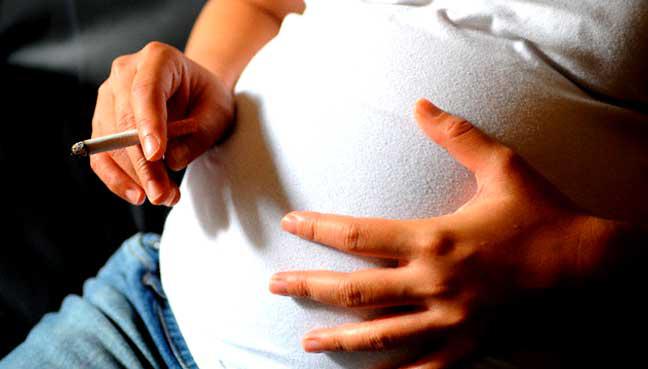
Women who smoke during pregnancy run the risk of having boys with low sperm production in adulthood, an Australian study suggests.
“It is harder for men with low sperm counts to conceive children, or it may take a longer time to make the partner pregnant,” said Dr. Christine Wohlfahrt-Veje, a researcher at the University of Copenhagen who wasn’t involved in the study.
“If women want to have grandchildren, they shouldn’t smoke,” Wohlfahrt-Veje added by email.
To see how exposures in the womb might influence men’s reproductive system later in life, researchers contacted men in their early 20s whose mothers had participated in a maternal and infant health study during pregnancies two decades earlier.
They collected sperm samples from 365 men and did testicular ultrasounds on 404 men.
Researchers looked at median sperm production, or the amount produced by at least half the men in the study. It was about 19 percent lower among the men whose mothers smoked during pregnancy.
Men born prematurely, a risk that goes up when women smoke during pregnancy, also had lower testosterone in adulthood.
Low testosterone levels are associated with erectile dysfunction, reduced sex drive and decreased sperm count.
Men who were a healthy size in utero were also less likely to have low sperm counts than men who were unusually small or large as they developed during pregnancy, the study found. Smoking can stunt growth in utero.
Maintaining a healthy weight during childhood may also help with reproductive health, researchers note in the Journal of Clinical Endocrinology and Metabolism, online June 24.
Men who consistently had a healthy weight during childhood and adolescence tended to have larger testicular volume and higher testosterone levels in adulthood.
One limitation of the study is that some men dropped out or opted out of the testicular function tests, which may bias the results, the authors note.
Even so, there’s plenty of solid evidence proving that women shouldn’t smoke during pregnancy. Among other things, it can increase the odds of complications during pregnancy and premature birth, impair brain development in utero and increase the odds of breathing difficulties and other childhood health problems like hyperactivity.
The study findings should give women yet another reason to avoid smoking during pregnancy, said lead study author Dr. Roger Hart of the University of Western Australia.
“It is a general healthy lifestyle message that women should not smoke in pregnancy, they should only start to try to conceive when they are in their optimal health, and when any co-existing medical conditions have been optimized, as this is associated with good fetal growth through pregnancy and a reduced risk of premature delivery,” Hart said by email.
“Plus of course they should not smoke when pregnant – and should ideally cease before they start to try to conceive,” Hart added.
Source: Reuters
 FR
FR EN
EN AR
AR








